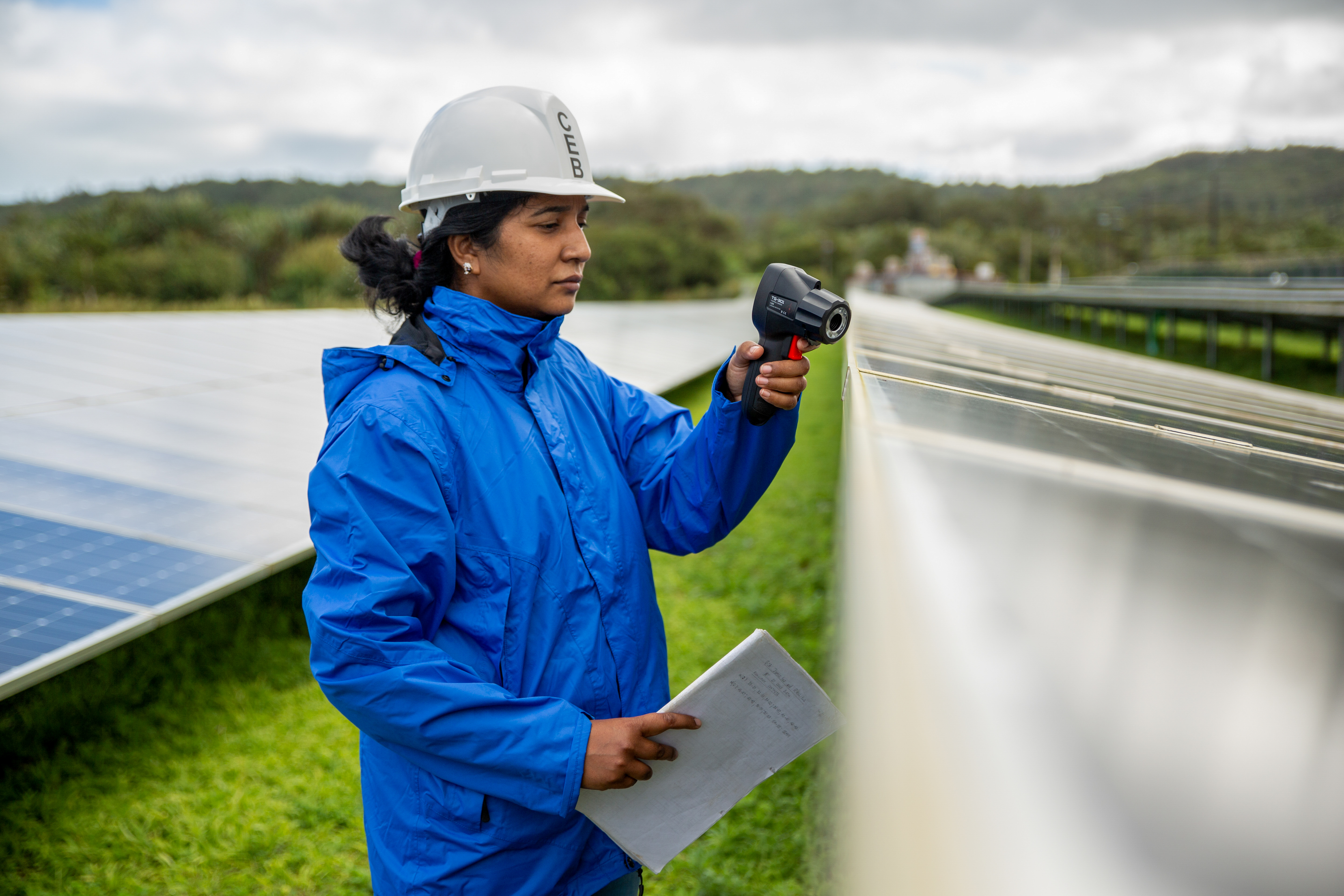High-level Plenary session: World Energy Transition - The Global Stocktake
Speech by UNDP Administrator Achim Steiner at the 13th IRENA Assembly
January 14, 2023

As prepared for delivery.
Climate and development can no longer be viewed as competing priorities. If we consider the future of development; the future of markets; and the future of power generation; development through decarbonization is going to be the great driver of opportunity.
Access to clean affordable energy will power homes, hospitals, and schools, many for the first time. It will also set the conditions to create new jobs & livelihoods, reducing poverty and inequalities.
Simply put, access to clean energy is now a prerequisite for development, and a key means to ensure a clean, healthy, and sustainable environment – as now affirmed by the UN General Assembly as a human right.
The United Nations Development Programme (UNDP) has made a bold pledge to work with our partners to provide 500 million additional people with access to clean and affordable energy by 2025, an effort led by our dedicated Sustainable Energy Hub.
That includes groundbreaking approaches such as the UNDP-Global Environment Facility Africa Minigrids Programme, which is de-risking solar energy minigrid investments in 21 countries in Africa. Remarkably, such solar minigrids have the potential to bring electricity to 265 million people in these countries by 2030.
And the UNDP Climate Promise is assisting over 120 countries to use their Nationally Determined Contributions (NDCs) as ‘sovereign investment plans’. As of 2023, 95% of submitted NDCs from Climate Promise countries have standalone or detailed sections on energy targets or policies.
While the Global Stocktake of the Paris Agreement is key to inform the ambition needed for the next round of NDCs, it is clear that we are failing to move fast enough to reduce fossil fuel emissions.
We are also failing the approximately 733 million people still without access to electricity: energy poverty that holds back development.
Yet this is also about risk as we move to a low-carbon world too slowly, too unevenly. Entire countries could be left behind.
Therefore, there is a pressing need for high-income countries to extend the promised means — including finance and debt relief — and partnerships to developing countries to address climate change, development, and decarbonisation as co-investments.
At the same time, the Global Stocktake will play a pivotal role in helping to surface successful approaches that can be scaled-up quickly to secure our collective, low-carbon future.
Thank you.

 Locations
Locations